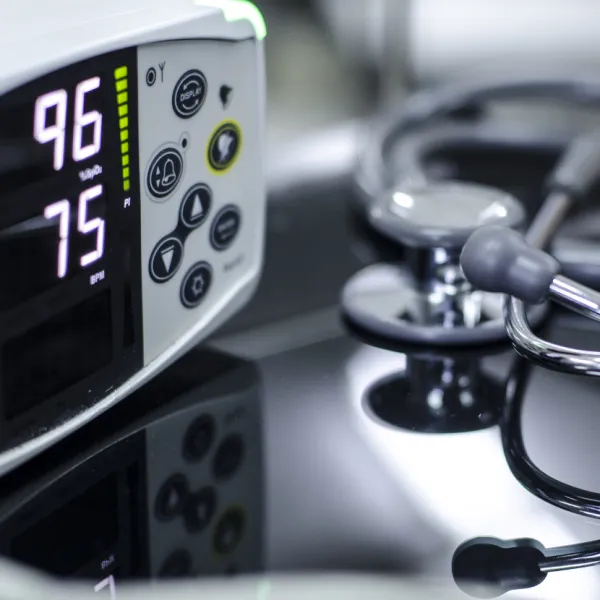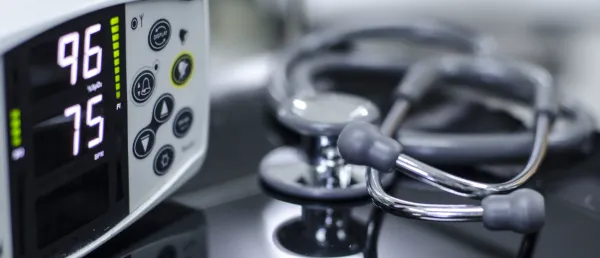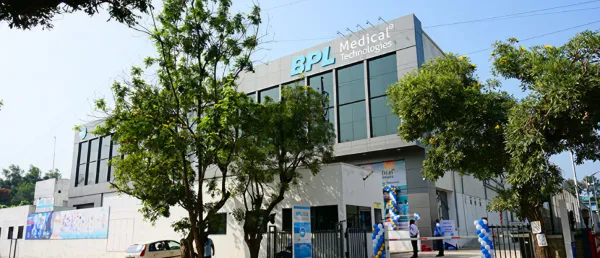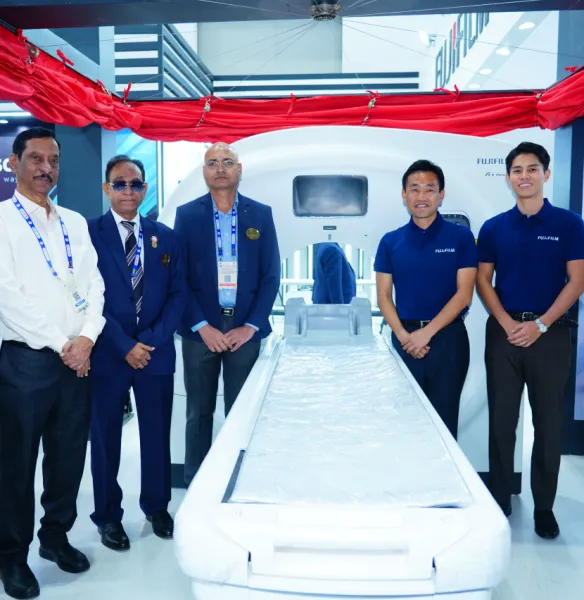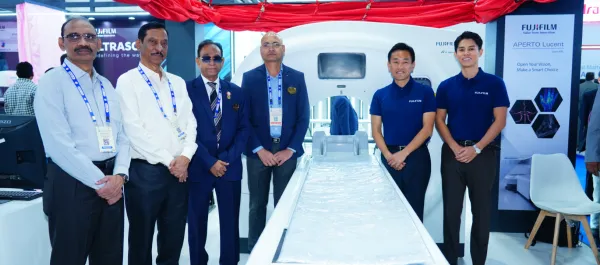Medtronic Unveils New Tech for AiBLE Ecosystem

Alongside the product launches, Medtronic also revealed a partnership with Siemens Healthineers to expand imaging technologies in spine care further.
Medtronic plc has announced the launch of several new technologies to enhance imaging solutions for spinal care.
These innovations are designed to enhance the AiBLE ecosystem, which integrates navigation, robotics, artificial intelligence (AI), data, imaging, software, and implants to improve outcomes in spine and cranial procedures.
Alongside the product launches, Medtronic also revealed a partnership with Siemens Healthineers to expand imaging technologies in spine care further.
New Innovations to Enhance Spine Procedures
Medtronic’s latest developments within the AiBLE ecosystem include new software and hardware solutions that streamline surgical workflows and improve precision.
The O-arm 4.3 software introduces advanced imaging capabilities, offering the industry's longest 3D scan length for cone-beam CT images. This feature enables surgeons to capture additional spinal levels in a single scan, improving workflow efficiency.
It also reduces radiation exposure by 70% while maintaining image quality. Additionally, Medtronic’s Implant Resolution (MIR) enhances decision-making by reducing metal artifacts, allowing for more precise screw placement.
Further innovations include updates to the UNiD Adaptive Spine Intelligence (ASI) platform, which now integrates with MRI Vision.
This AI-powered tool assists surgeons by automatically analyzing lumbar MRIs and generating reports that help identify key pathologies.
The MRI Vision system provides data on muscle infiltration, spinal alignment, and stenosis. Over 28,000 patient procedures have already been returned to UNiD, and the system continues to see global adoption.
Medtronic's Mazor robotic guidance system received a software update to version 5.1. This update enhances preoperative and intraoperative planning by integrating AI, bone cutting, and graft delivery.
It includes Maximum Intensity Projection (MIP) for improved image quality during surgery, marking the Mazor system as the first spinal robotic system to offer AI integration.
The new ModuLeX Spinal System was also introduced. An upgrade to the CD Horizon product family, ModuLeX offers greater visualization of the surgical area and allows surgeons to create an optimized construct for each patient.
Partnership with Siemens Healthineers
One of the first initiatives under this partnership will be integrating the Siemens Healthineers Multitom Rax imaging system into the AiBLE ecosystem.
The Multitom Rax offers diagnostic, treatment planning, and post-surgical monitoring imaging solutions. It supports weight-bearing, cone-beam CT, and supine X-ray capabilities optimized for spine imaging.
Verena Schoen, executive VP of X-ray Products at Siemens Healthineers, highlighted the importance of this collaboration, saying, "We are excited about partnering with Medtronic to bring our imaging solution to spine centers. Multitom Rax provides geometrically accurate images, contributing to faster diagnosis and more precise surgical planning."
With 150 products covering over 20 pathologies, Medtronic serves more than 4 million patients annually in spine and cranial surgery. The AiBLE ecosystem represents Medtronic’s ongoing effort to integrate advanced technologies, such as AI and robotics, into surgical procedures to improve predictability, efficiency, and patient outcomes.
Medtronic focuses on addressing the primary challenges in cranial and spine surgery—ensuring precision, streamlining workflows, and achieving better patient outcomes.
The company’s collaboration with Siemens Healthineers is expected to further these goals by advancing the integration of imaging technologies into its AiBLE ecosystem.
Skip Kiil, President of Medtronic Cranial & Spinal Technologies, echoed these sentiments, stating, "Partnering with Siemens Healthineers advances our commitment to reducing variability and improving outcomes for spinal patients. We look forward to leveraging their imaging and data science expertise as part of our AiBLE strategy."
Stay tuned for more such updates on Digital Health News.
Stay tuned for more such updates on Digital Health News











